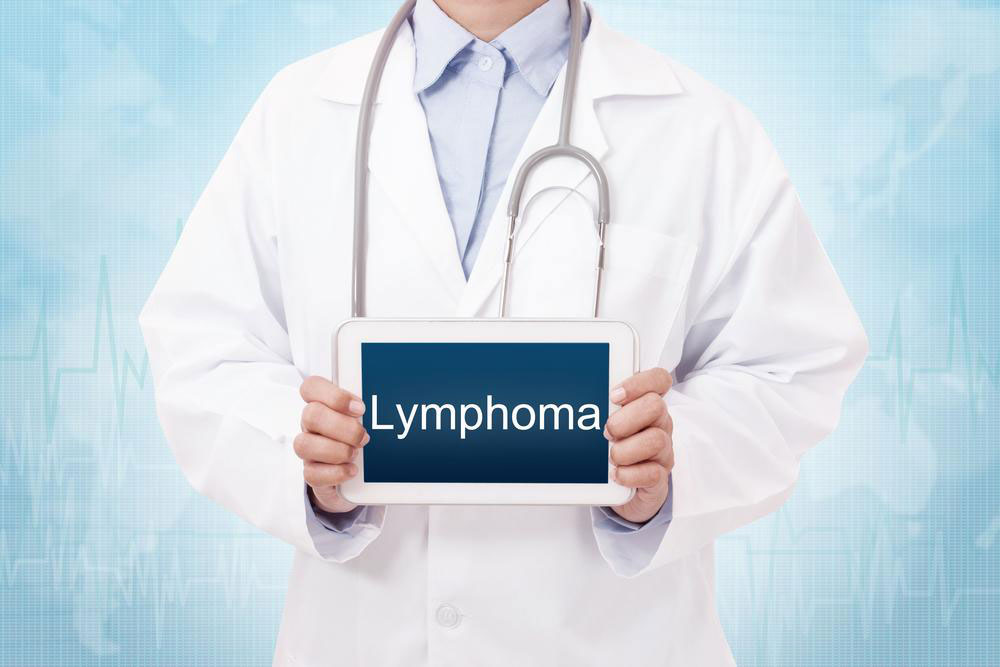Comprehensive Insights into B-Cell Lymphoma: Progression, Diagnosis, and Advanced Treatment Strategies
This comprehensive article explores the progression, diagnosis, and advanced treatment options for B-cell lymphoma. It details how abnormal B-cell growth affects the lymphatic system, the importance of early detection, and the latest therapies including immunotherapy and CAR-T cell treatment. Emphasizing personalized approaches, the article highlights ongoing research efforts to improve patient outcomes. Suitable for patients and healthcare professionals, it offers critical insights into managing this complex disease effectively, with an emphasis on early diagnosis and innovative therapies for better prognosis.

B-cell lymphoma is a significant subtype of Non-Hodgkin's lymphoma that primarily affects the lymphatic system, an essential component of the body's immune defense. This disease involves the abnormal proliferation of B lymphocytes, a type of white blood cell responsible for producing antibodies. Unlike healthy cells, these malignant B cells do not undergo normal cell death processes, leading to their unchecked growth. This proliferation results in enlarged lymph nodes, commonly noticeable around the neck, underarms, and groin, and can also affect other organs and tissues.
Understanding the progression of B-cell lymphoma is crucial for early diagnosis and effective treatment. The development of this lymphoma generally follows a path from localized, early-stage disease (Stages I and II) to more disseminated, advanced disease (Stages III and IV). The clinical presentation varies depending on the stage and location of the disease. Patients may experience painless swelling of lymph nodes, unexplained weight loss, persistent fatigue, fever, and decreased appetite. In some cases, symptoms can be subtle, leading to delays in diagnosis.
Diagnosis of B-cell lymphoma involves a combination of diagnostic procedures. A biopsy of affected lymph nodes provides definitive confirmation, revealing characteristic malignant B-cell proliferations. Additional tests such as bone marrow biopsies are performed to evaluate the extent of marrow involvement. Imaging techniques, including PET scans and CT scans, help determine the disease's spread and staging, which are critical for developing an effective treatment plan. Laboratory tests may also include blood work to assess organ function and identify potential complications.
Once diagnosed, the treatment approach varies significantly depending on the stage and specific subtype of B-cell lymphoma. In early-stage disease (Stages I and II), localized treatments such as radiation therapy can be highly effective, often leading to complete remission. Systemic therapies are generally reserved for more advanced cases. For patients with Stage III and IV disease, combination treatments become essential. Chemotherapy remains a cornerstone, frequently using regimens like R-CHOP (Rituximab, Cyclophosphamide, Doxorubicin, Vincristine, and Prednisone), which specifically targets malignant B cells.
In recent years, the integration of immunotherapy has revolutionized treatment options for B-cell lymphoma. Monoclonal antibodies such as Rituximab target CD20 antigens expressed on B cells, enhancing the immune system's ability to eliminate malignant cells. Additionally, novel therapies like CAR-T cell therapy, which involves engineering a patient's T cells to recognize and attack cancer cells, show promising results, especially in refractory or relapsed cases.
Supporting treatment strategies include targeted therapies that inhibit specific molecular pathways involved in lymphoma progression. Clinical trials continue to explore new agents and combinations to improve survival rates and minimize adverse effects. Moreover, comprehensive management includes supportive care to address side effects, prevent infections, and maintain quality of life.
Prognosis for B-cell lymphoma varies based on several factors such as stage at diagnosis, age, overall health, and response to initial treatment. Early detection significantly improves the chances of successful treatment outcomes, highlighting the importance of awareness and routine screening in at-risk populations. Patients diagnosed with B-cell lymphoma should work closely with oncologists and hematologists to develop personalized treatment plans aimed at achieving remission and improving long-term survival.
Research in this field is rapidly evolving, with ongoing clinical trials investigating targeted agents, immunotherapies, and combination regimens. Advances in molecular diagnostics and personalized medicine are paving the way for more tailored and effective treatments, ultimately aiming to transform the prognosis of B-cell lymphoma into a highly treatable condition.





